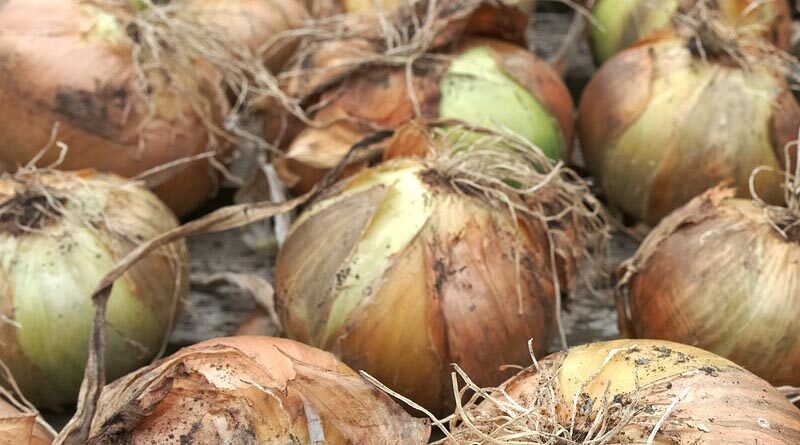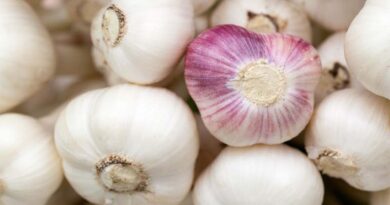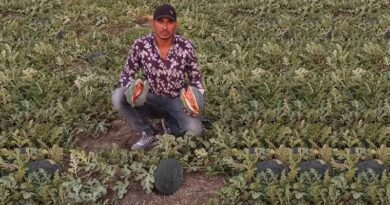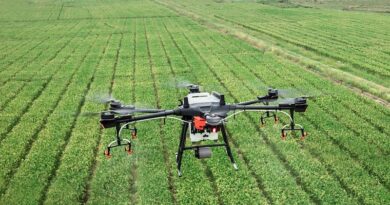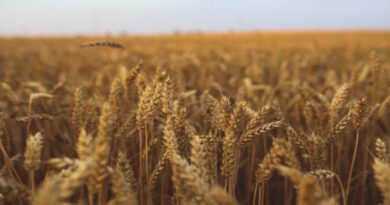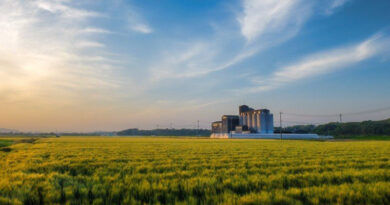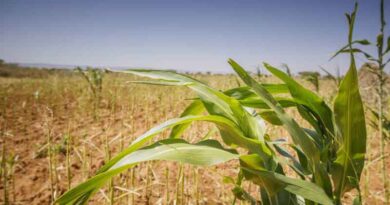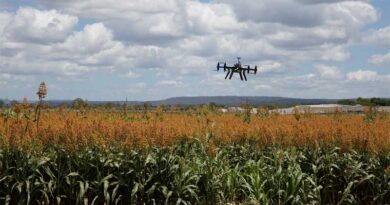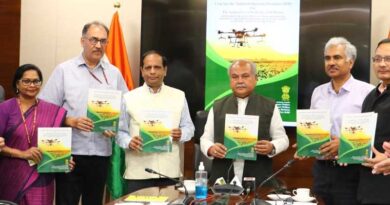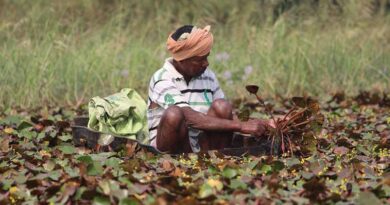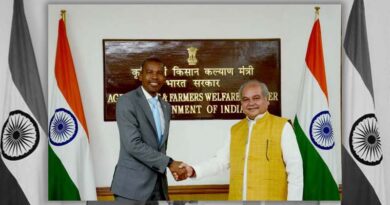Farmers agitated with increased cold storage rates
08 January 2022, Indore: There is nothing going right for the farming community for the last few months. Rise in the cost of agriculture inputs, unavailability of fertilizers, erratic rainfall and low Mandi rates are a few challenges that every farmer goes through in any normal agriculture season. However, farmers can hedge their risk by storing his produce in cold storage for a cost and then sell it when the market prices are high.
The Cold Chain Industry Association of Madhya Pradesh has increased the crop protection charge again this year, due to which the farmers are angry. The farmers have demanded the association to withdraw the unfair rate hike and has requested the government for a regulation. While the Cold Chain Industry Association says that the rates have been increased due to increase in costs, it adds another cost burden for the farmers.
Krishak Jagat spoke to a few farmers on the cold storage issue prevailing in the state. The farmers were of the opinion that there is no regulation or intervention from the government on cold storage pricing for farmers. Although the government is the one which provides grants and subsidies to these cold storage operators for establishing or upgrading cold storage facilities but the benefit is not transferred to the farmers.
Also Read: China to follow new seed law from 1 March 2022
Arvind Singh Rathore, a farmer from Muradpura (Sanwer) told the Krishka Jagat that this is the second consecutive year when the Cold Chain Industry Association has increased the rates. For the year 2022, the rates of crop protection charges are – Potato Ration Rs.225/quintal (February to October), Potato Chips Rs.235/quintal (February to August), Beat 250 Rs./quintal (February to September) and Carrot Rs.275/quintal (February to August). Farmer from Simrol, Jitendra Patidar said that the increase in the charge of protection rates has been done in an arbitrary and unfair manner. The role of the association is to manage the variation in rates but its not being adhered.
The government provides 40% subsidy for the construction of cold storage in the name of farmers and it does not benefit the farmers.The storage facility operators increase the rates when the arrival is high. There is no justification for giving grants in the name of farmers.
The farmers plan to meet the district collector in this regard. Potato growing farmers are already running in losses. The crops kept in cold storage are not insured. There is no compensation for crop loss in cold storage.
There should also be a provision for insurance of crops kept in cold storage. For this, the farmers are also ready to pay some fee to the storage operators. Secondly, there is no rule/law to control cold storage operators in Madhya Pradesh, whereas a law has been made for this in Uttar Pradesh in 1976. It is necessary to make a law for this in Madhya Pradesh.
Mr. Patidar shared that the cold storage operators have started charging advance amount from the farmers for pre booking their spaces like 50/quintal for beets and Rs.100/quintal for carrots. Farmers sell carrots up to Rs 500 a quintal, while there is a lot of loss after bearing the cost of fertilizer, chemical and transportation.
The President of Cold Chain Industry Association of Madhya Pradesh, Mr. Hansmukh Jain Gandhi told Krishak Jagat that the increase in conservation rates has been done due to the increase in various costs for the operators. The government also increases the electricity rates every year. Considering the actual cost, there should have been a 25% increase, whereas only 6% has been increased. In states like UP, Bihar etc., the fare is Rs.250/quintal, while in Madhya Pradesh it is Rs.225/quintal. Farmers are the owners of 80% of cold storages. Due to rising costs, some operators have rented out their cold storages facilities, while 4 have had to be closed. In such a situation, the increase in the rates of conservation charge is neither unreasonable nor it is binding on the farmers.

